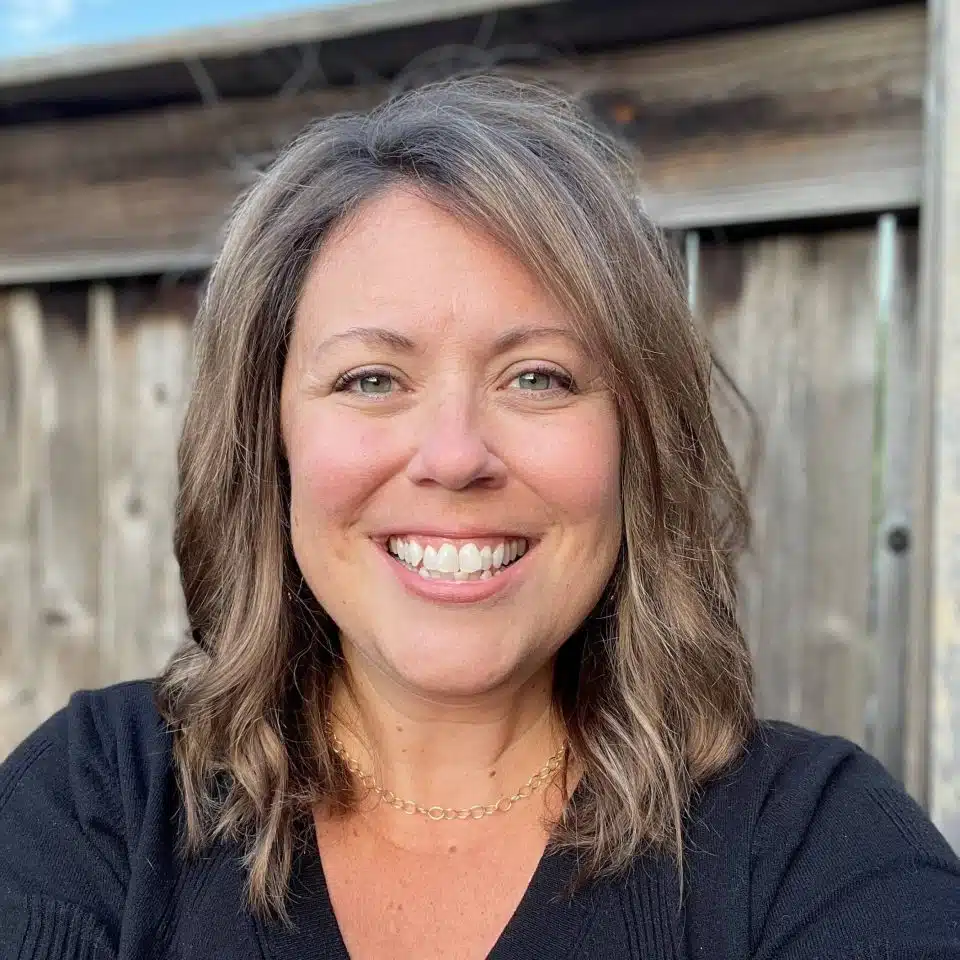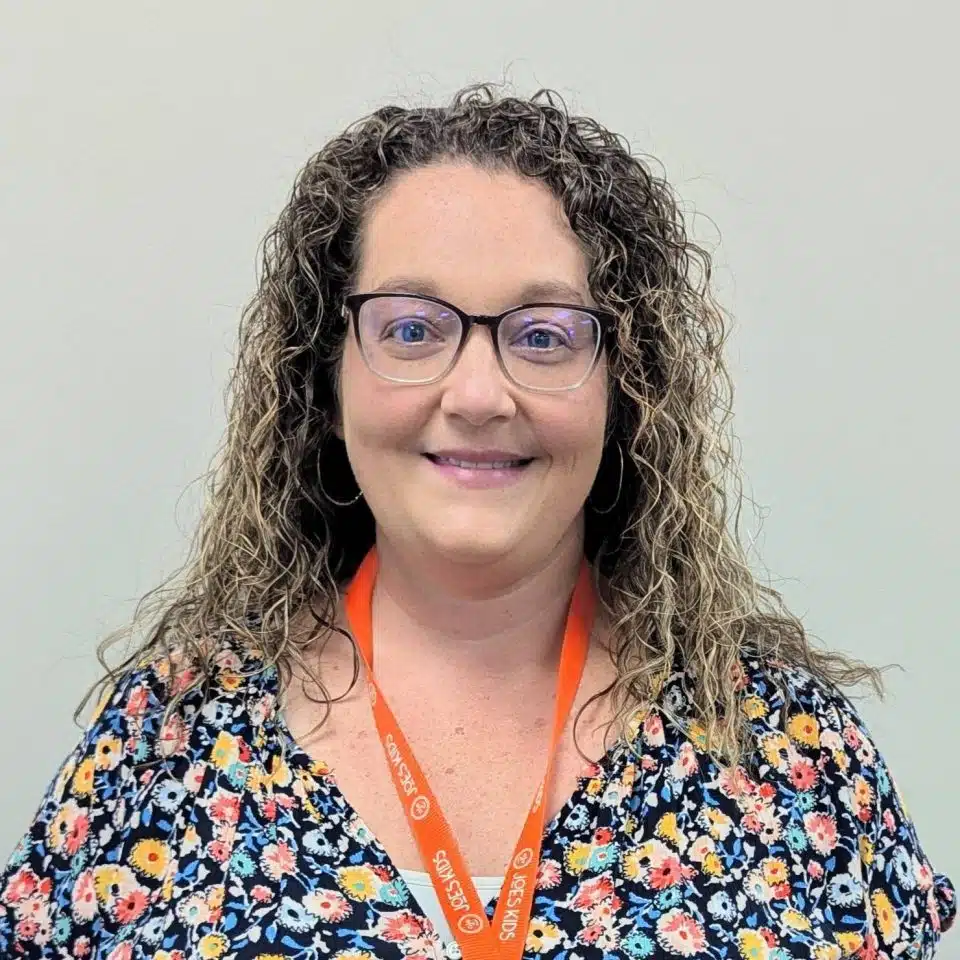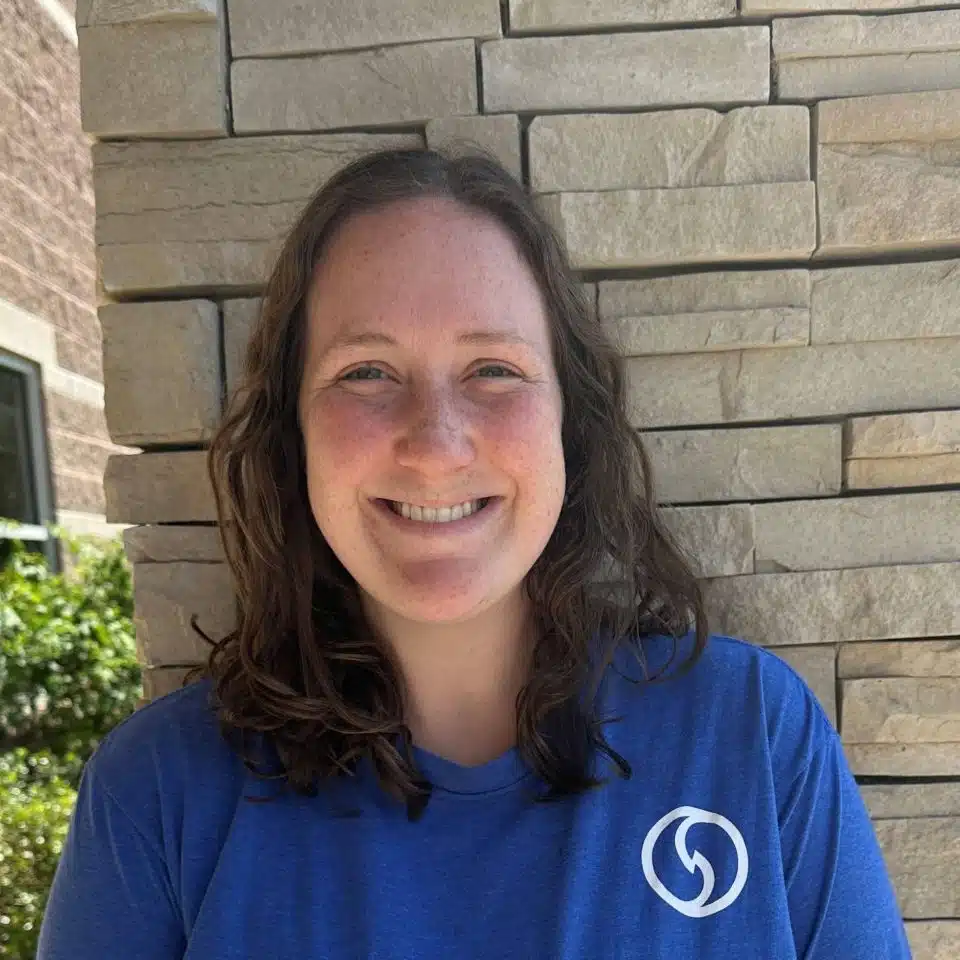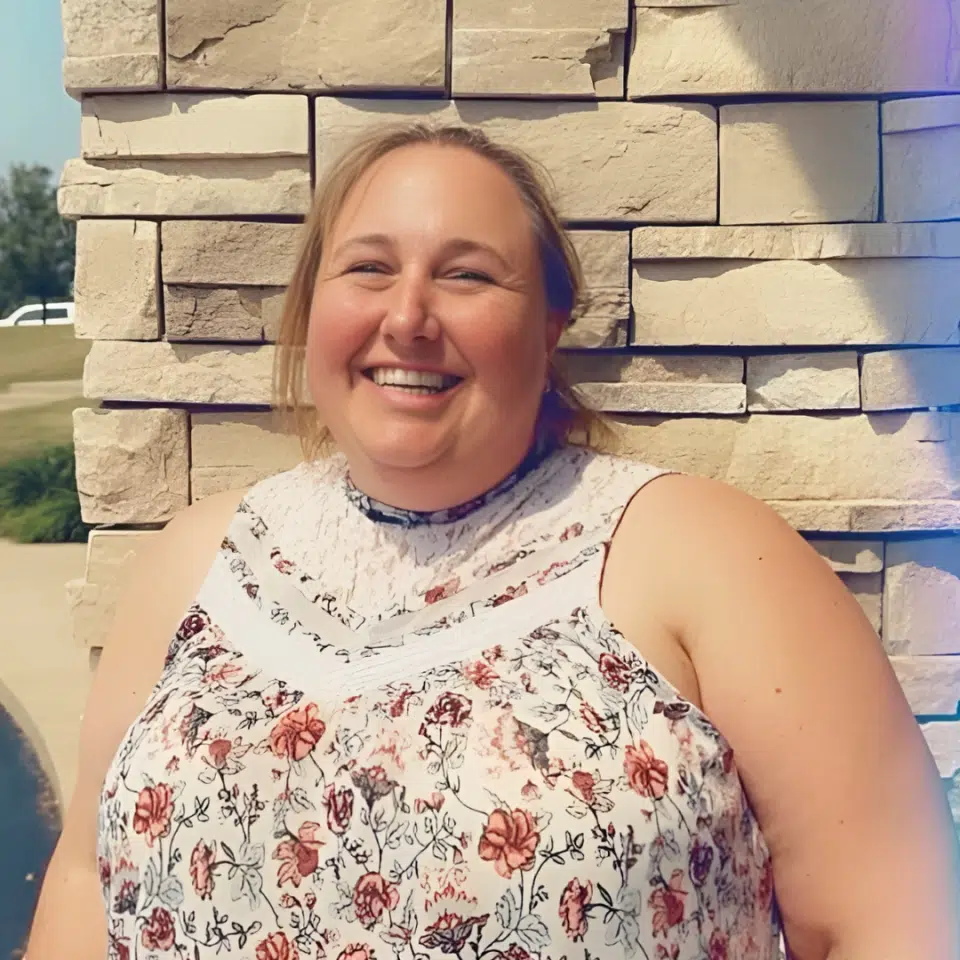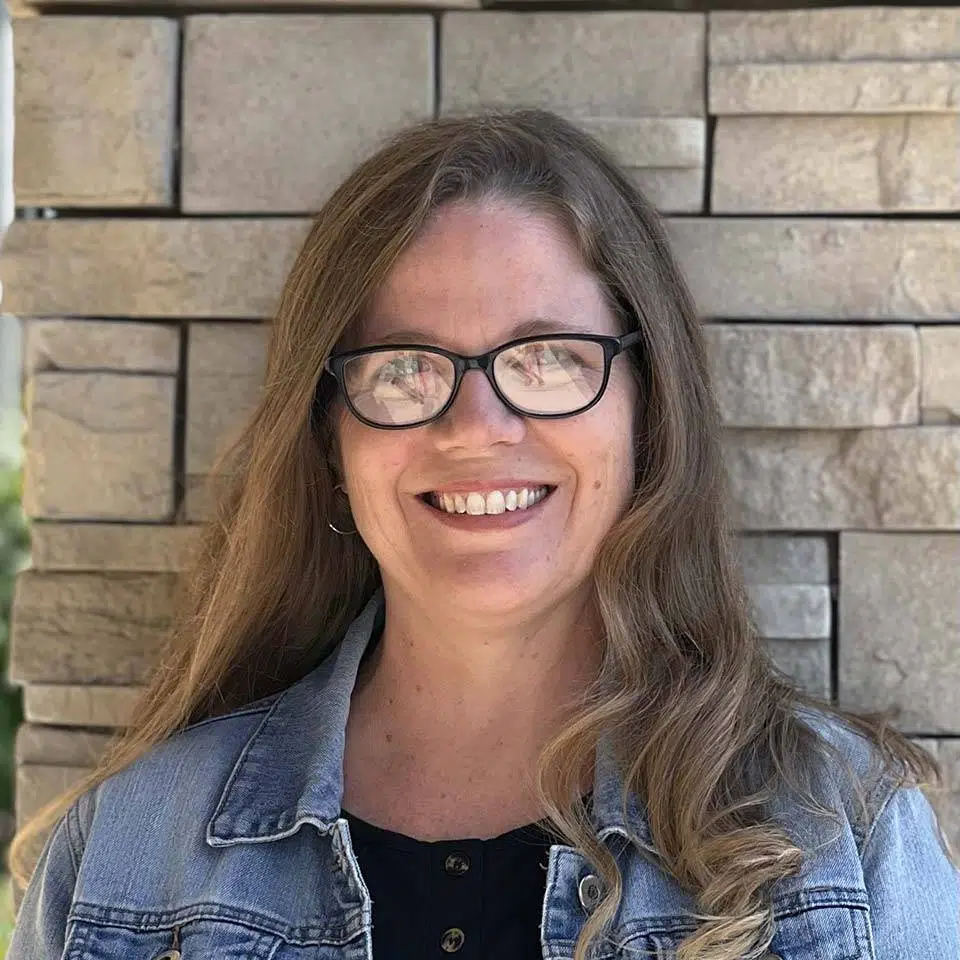Tutoring Services
Equipping students to be successful, independent readers.
Our specialized tutors plan, teach, and evaluate instruction for students having difficulty with reading and writing. They work with students from the elementary to high school levels.
All instruction is conducted in a one-on-one teaching environment using Multisensory Structured Language Education (MSLE). This approach engages more of the brain by using different senses to help students build new connections in learning sounds and letters. Our reading tutors are also certified in the Orton-Gillingham approach.
What is Dyslexia?
Dyslexia is a specific learning disability affecting reading, writing, spelling, and comprehension. Students who have dyslexia and related conditions will struggle to identify and match letter sounds with letters, have difficulty with phonics, and will struggle to read.
These students are typically very bright and will excel with the right interventions. Without intervention, these students could unnecessarily face a life-long struggle with reading and writing.
While not every student who needs tutoring services has dyslexia, it is a common disability that our tutors are trained to help identify and manage.
What Are Tutoring Services?
Treatment Focuses On
Our instructors and tutors focus on the implementation of brain-based literacy and multisensory reading instruction.
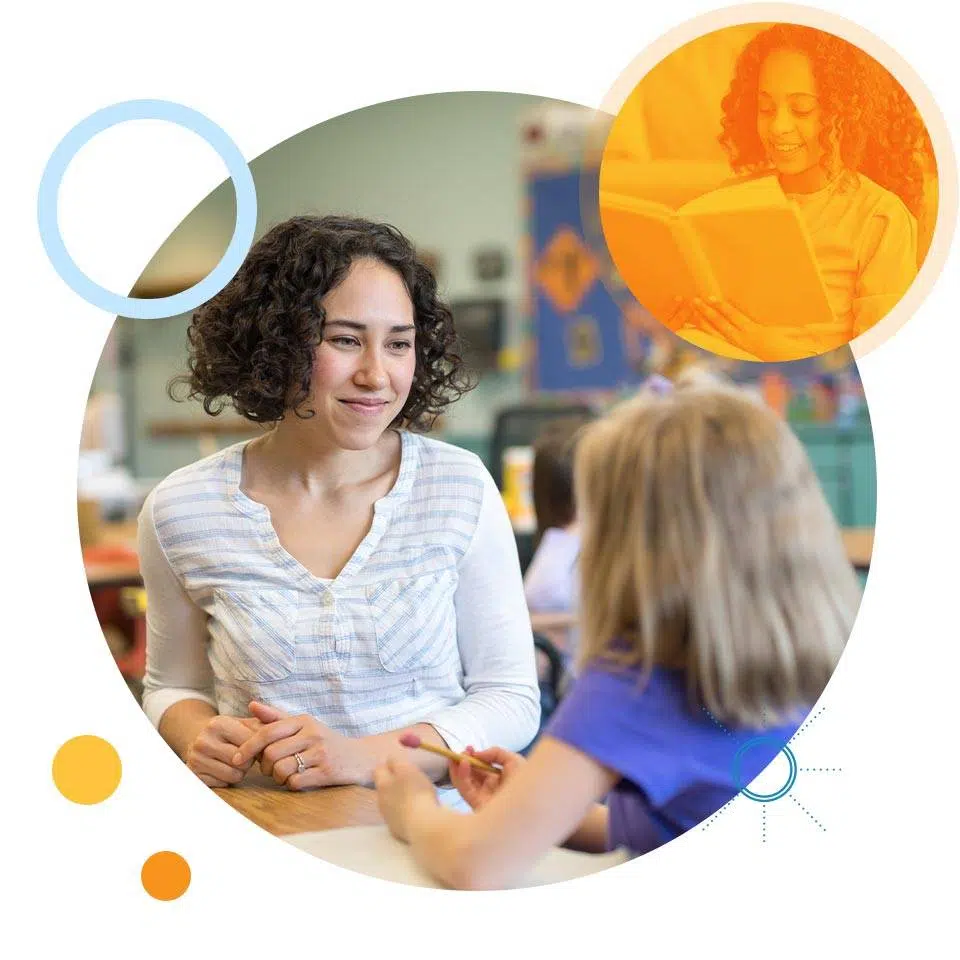
How do I know if my child needs a specialized tutor?
Pre-K (Age 4)
- Can recognize familiar signs and labels, especially on signs and containers
- Recognize words that rhyme
- Will name some of the letters of the alphabet (a good goal to strive for is 15–18 uppercase letters)
- Can recognize the letters in their name
- Able to write their name
- Will name beginning letters or sounds of words
- Can match some letters to their sounds
- Has developed an awareness of syllables
- Will understand that print is read from left to right, top to bottom
- Can retell stories that have been read to them
K (Age 5)
- Will produce words that rhyme
- Can match some spoken and written words
- Is able to write some letters, numbers, and words
- Can recognize some familiar words in print
- Will often predict what will happen next in a story
- Is able to identify initial, final, and medial (middle) sounds in short words
- Can identify and manipulate increasingly smaller sounds in speech
- Will read simple words in isolation (the word with definition) and in context (using the word in a sentence)
- Is able to retell the main idea, identify details (who, what, when, where, why, how), and arrange story events in sequence
1st and 2nd Grade (Ages 6–7)
- Can easily read familiar stories
- Will attempt to "sound out" or decode unfamiliar words
- Is able to use pictures and context to figure out unfamiliar words
- Will use some common punctuation and capitalization in writing
- Can self-correct when they make a mistake while reading aloud
- Shows comprehension of a story through drawings
- Is able to write by organizing details into a logical sequence with a beginning, middle, and end
2nd and 3rd Grade (Ages 7–8)
- Can read longer books independently
- Will read aloud with proper emphasis and expression
- Is able to use context and pictures to help identify unfamiliar words
- Begins to understand the concept of paragraphs and begin to apply it in writing
- Can correctly use punctuation
- Will correctly spell many words
- Is able to write notes, like phone messages and email
- Can understand humor in text
- Will often use new words, phrases, or figures of speech that they've heard
- Is able to revise their own writing to create and illustrate stories
4th Through 8th Grade (Ages 9–13)
- Will explore and understand different kinds of texts, like biographies, poetry, and fiction
- Can understand and explore expository, narrative, and persuasive text
- Is able to read to extract specific information, such as from a science book
- Can understand relations between objects
- Identifies parts of speech and literary devices like similes and metaphors
- Will correctly identify major elements of stories, like time, place, plot, problem, and resolution
- Is able to read and write on a specific topic for fun, and understand what style is needed to do so
Frequently Asked Questions
How do I know if my child is a struggling reader?
- Difficulty naming letters
- Reading or writing below grade level.
- Spelling ability below grade level.
- Difficulty with auditory and/or written comprehension
- Limited vocabulary development
- Difficulty saying the alphabet correctly in sequence
- Difficulty forming the shapes of the letters
- Difficulty writing the alphabet correctly in sequence
- Reversals of the orientation of letters or sequences of letters in words when read or written, such as b with d or reading “was” as “saw” or “quite” as “quiet”
- Difficulty learning and remembering printed words
- Repeated spelling errors
- Difficulty with handwriting
- Developing at a slow rate of reading and writing
- Difficulty with reading comprehension
How do I get my child services?
If your child needs specialized tutoring, please contact Tara Carlile at (574) 378-7078 or email her directly at Tcarlile@joes-kids.org.
How long are the appointments?
Your child will have an initial assessment scheduled for one hour. After that, tutoring sessions are 50 minutes twice a week.
How long will my child need services?
Every child develops at a different pace. However, it is common for services to last 2 to 3+ years. Once your child has been assessed and evaluated, they will begin their individualized tutoring program with regular evaluations and progress reports.
How much does specialized tutoring cost?
Your child’s initial evaluation fee is $200. Tutoring sessions are $55 per session, as tutoring is not covered by insurance. Scholarships are also available based on financial need.

